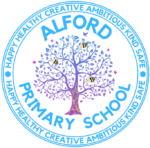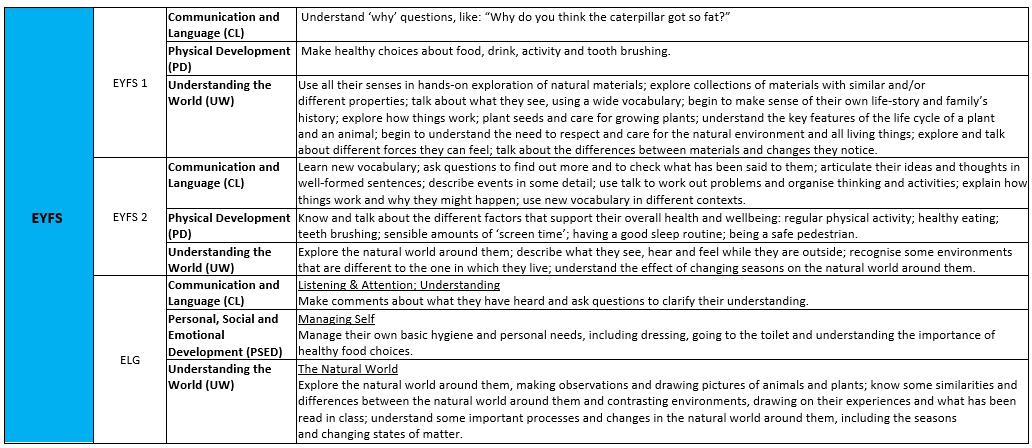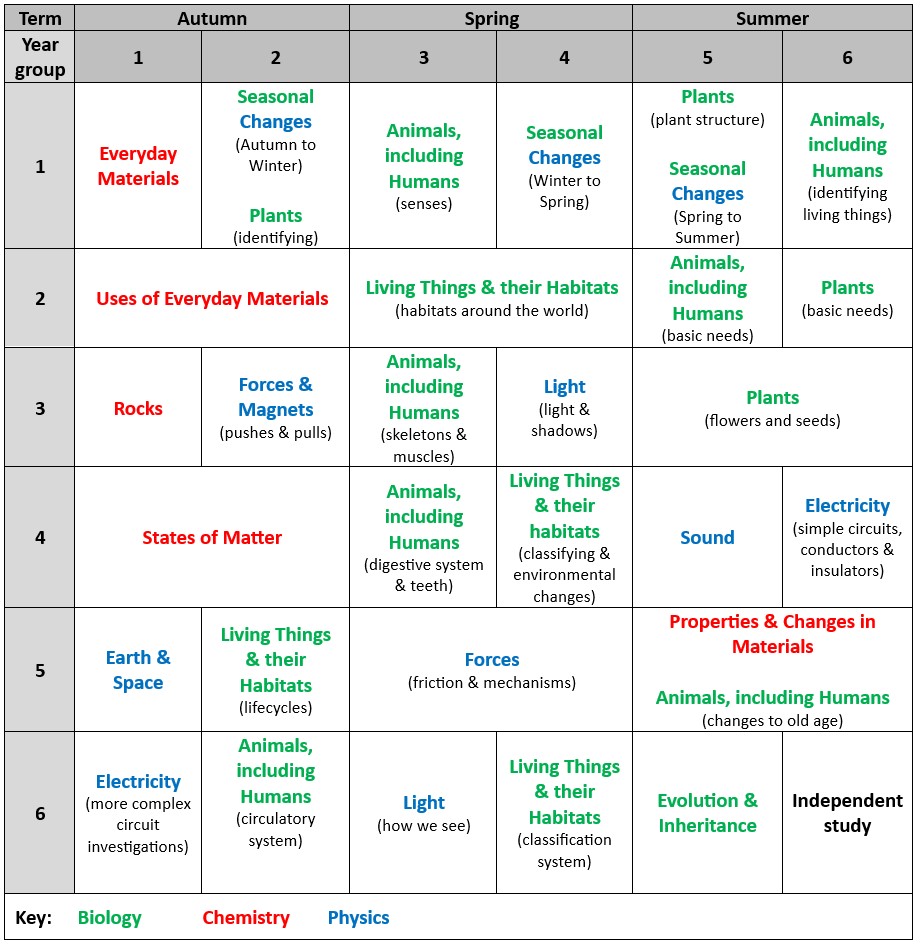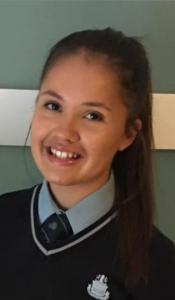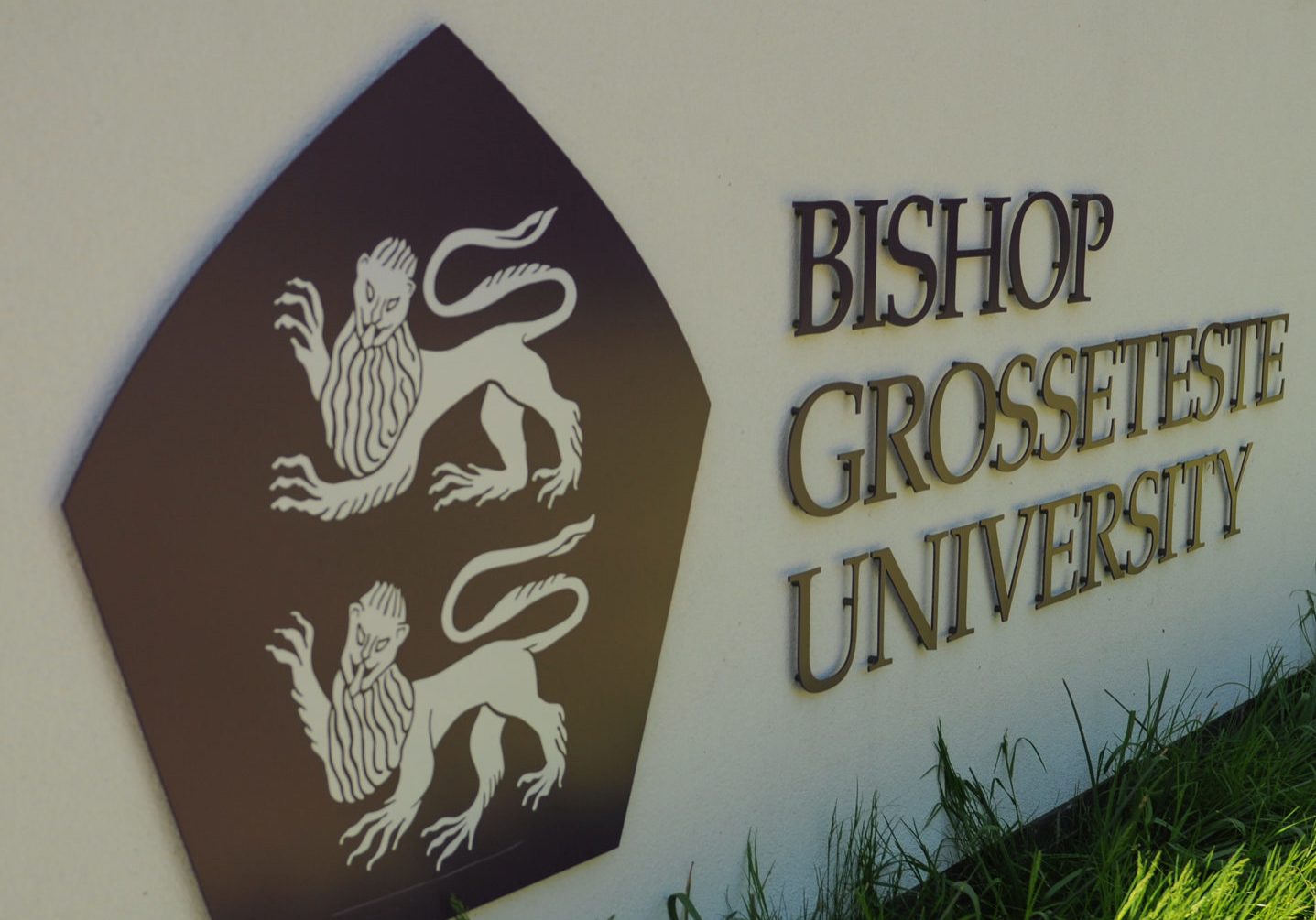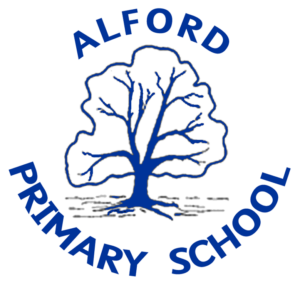
The National Curriculum for Science aims to ensure that all KS1 and KS2 pupils:
- develop scientific knowledge and conceptual understanding through the specific disciplines of biology, chemistry and physics;
- develop understanding of the nature, processes and methods of science through different types of science enquiries that help them to answer scientific questions about the world around them;
- are equipped with the scientific knowledge required to understand the uses and implications of science, today and for the future.
The EYFS framework is structured very differently to the National Curriculum as it is organised across seven areas of learning rather than specific subject areas. Our EYFS Curriculum has been designed to meet the requirements of the educational programmes in the EYFS Statutory Framework (2021). This is outlined in our unique Curriculum Overview (see Long Term Plan). The Development Matters (2020) guidance offers a top-view of how children develop and learn. The table below sets out the Science developmental pathways in broad ages and stages - Three and Four Year Olds (EYFS 1), Reception (EYFS 2) and Early Learning Goals. These pathways have been selected as a ‘best-fit’ match to the programme of study for Science, and are key building blocks for children as they transfer their learning to the National Curriculum. The most relevant pathways for Science are taken from the following areas of learning – Communication and Language, Physical Development, Understanding the World and Personal, Social and Emotional Development.
Intent
At Alford Primary, we teach the importance of Science in every aspect of daily life; we foster a healthy curiosity about our universe, and promote respect for all living things and the natural environment. Science includes learning key knowledge and concepts through the disciplines of biology, chemistry and physics, as well as the development of Working Scientifically Skills. This knowledge and these skills are built on throughout the children’s time at school, through different types of scientific enquiry, making links where possible to other subjects. Using these connections and through an exciting range of scientific experiences, children can answer questions about the world around them and develop a love of Science. Throughout the school, we teach about the lives of a diverse range of significant scientists and use high-quality non-fiction texts to aid research and encourage curiosity.
